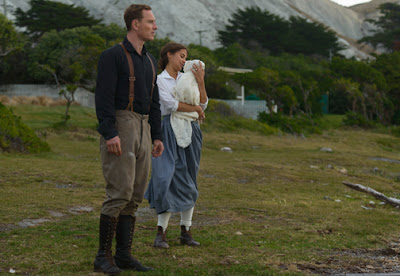The best superhero movies have a substantial human element that helps ground (if only a bit) the landscape-leveling mayhem that dominates the excessive third act.
Black Panther and the first Wonder Woman come to mind, as recent good examples.
 |
| Pausing for breath, while trying to evade the well-named Taskmaster, Natasha (Scarlett Johansson, left) and Yelena (Florence Pugh) contemplate their next move. |
The script — by Eric Pearson, Jac Schaeffer and Ned Benson — gets its emotional juice from a fractured family dynamic that prompts all manner of interpersonal angst. The result, directed with welcome levels of heart and pathos by Cate Shortland, skillfully balances the slugfests and action sequences with quieter, contemplative moments.
This is appropriate, because the title character — Natasha Romanoff (Scarlett Johansson), aka the Black Widow — has one of the more complicated back-stories in Marvel Comics lore (which this film’s scripters have made darker still).
That said, at 133 minutes, Shortland’s film is at least one frantic melee too long.
In terms of the ever-more-convoluted Marvel movie timeline, the primary events here take place in the immediate wake of 2014’s Captain America: The Winter Soldier. The various Avengers are dividing via their response to increased governmental surveillance at the expense of personal freedom; Natasha is on the run, having (apparently) betrayed SHIELD and U.S. Secretary of State Thaddeus Ross (William Hurt). He wants her head.
First, though, this new film opens with a seemingly bucolic 1995 flashback that focuses on adolescent Natasha (Ever Anderson) and her younger sister, Yelena (Violet McGraw). We meet them during carefree, girlish play in suburban Ohio, watched lovingly by mom Melina (Rachel Weisz). But this illusion of white-picket-fence ordinariness is shattered when dad Alexei (David Harbour) arrives home, clearly agitated.
And we’re suddenly plunged into a Marvel Universe riff on TV’s The Americans.
Melina and Alexei are Russian spies, having lived in Ohio as “deep cover” operatives for three years. The latter has just completed their mission, and they must leave now-now-NOW, in order to evade the U.S. government agents hot on his heels. Natasha, old enough to know she prefers their current surroundings to her earlier life in Russia, is horrified to the point of tears; Yelena is too young to have a point of reference.
Both young actresses are terrific: particularly Anderson, whose performance — when this prologue hits its climax — is heartbreaking.
(Kudos also to the effects team that so convincingly — and spookily — “youthified” Weisz and Harbour.)








